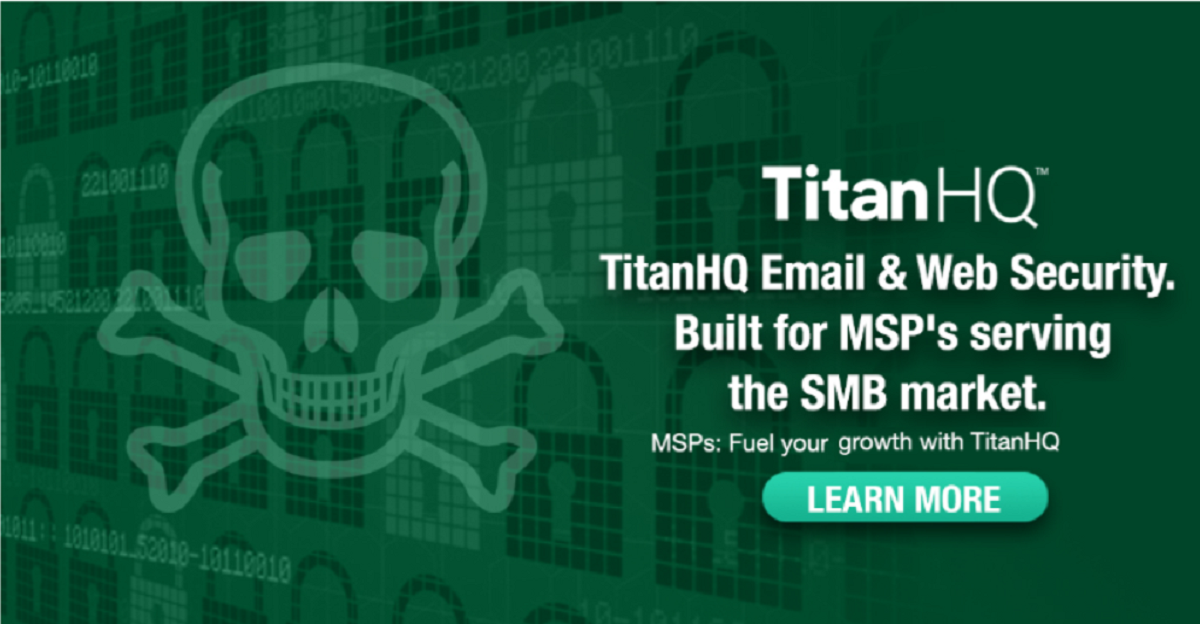Posted by Trevagh Stankard on Thu, Oct 21st, 2021
The Covid-19 pandemic has created lots of opportunities in the business of delivering managed IT services. A 2021 Datto report, “Global State of the MSP”, shows optimism in the industry, with 81% of MSPs seeing unchanged or improved revenues as we come out of the pandemic. According to the report, 99% of MSPs now also offer managed security services along with more traditional IT solutions. The result of this buoyant market is that competition is fierce.
As managed services continues to become the IT environment of choice, what strategies can an MSP use for continued growth?
Three Key Strategies to Ensure MSP Growth
IT budgets look set to continue to grow: the “2022 State of IT” survey interviewed over 1000 technology buyers in companies in Europe and North America. The report found that 61% of respondents expect their revenues to increase in 2022. Also, the year-on-year share of IT budgets that go to cloud and managed services, will increase. How an MSP ensures their share of these budgets is down to strategic planning. Here are three areas that an MSP should focus on to maximize growth:
Keep Up to Date with New Trends in Technology
Predicting trends in the world of technology is an art as much as a science. However, there are a lot of analysts and domain experts who focus on this. An MSP can create continued growth by accurately predicting what client issues need to be solved to allow the savvy MSP to quickly respond.
Some of the possible future trends in the technology space that an MSP should know about include:
Managed storage and backup: ransomware attacks have taken their toll in 2020 and 2021, with 61% of companies experiencing a ransomware attack. An MSP should look at the options for providing managed and secure backup and email archiving for clients.
Regulations: data protection and privacy compliance are less of a trend and more of an incumbent in the space. MSPs that can provide added value in terms of regulatory advice and solutions that help meet compliance will create growth opportunities. Solutions include centrally managed email archiving solutions that provide support for GDPR compliance.
Security-as-a-Service offerings: The cybersecurity threat landscape is challenging organizations across all sectors. Keeping up with these challenges is something that fits perfectly with an MSP delivery on-demand type model. Many security offerings now come as-a-service and are packaged for delivery to clients via an MSP. An MSP that can offer the capabilities of a Security Operations Center (SOC) as a Service can offer growth possibilities on top of delivering security solutions. Solutions that focus on some of the key security threats are also a key growth facilitator. Systems that provide email and DNS filtering, for example, can help to mitigate ransomware threats.
Make Sure You have Security Solutions Designed for an MSP Delivery Model
Not all security solutions are suitable for MSP delivery. Security solutions need to be designed and packaged for the unique needs of MSP-facilitated deployment, configuration, and management. MSP services must be based on a recurring revenue model offering a high margin via a subscription-based SaaS solution. Other factors in the choice of security solution include:
- Can the solution be white labeled to represent your company? White labelling will help solidify your brand in the mindset of a client.
- The solution should require minimal input from IT support
- The ability to facilitate a shortened sales cycle via a trial
- The security vendor should cultivate a close relationship with the MSP and offer one-on-one training and support
- An ability for simple integration with the MSPs API stack for ease of deployment
Create an Environment of Collaboration with Clients
Having a close and collaborative relationship with a client is shown to improve the longevity of that relationship. The lines of communication between client in-house IT and the MSP are becoming ever fuzzier. The IT skills gap, and security skills, are ideal for fulfillment by an MSP that can offer that knowledge base. By collaborating with a client, an MSP can create a more trusted relationship, and in doing so, they will be able to upsell to that client more easily. Having proven technology that works helps solidify this trust.
Read blog: MSPs - Why a Customer First Focus is Key to Success
A report from Canalys expects SMB spending on managed services to grow at 15% per year to 2023. An MSP must make sure that they can differentiate themselves with robust strategies to obtain a share of this. Setting out, growth goals, based on strategic business needs is a great place to start. In a market that is busy and competitive, like managed services, having an edge over other MSPs by delivering to specific client needs will help to maximize growth opportunities. Building a trusted relationship with a client, based on marketplace know-how and best-of-breed products will always be a strategic growth enabler.
TitanHQ provides DNS filtering, email security, email archiving & email encryption solutions for MSPs. Discover more about the TitanShield program and learn how TitanHQ protects over 2,500 MSPs around the globe. Learn more.




